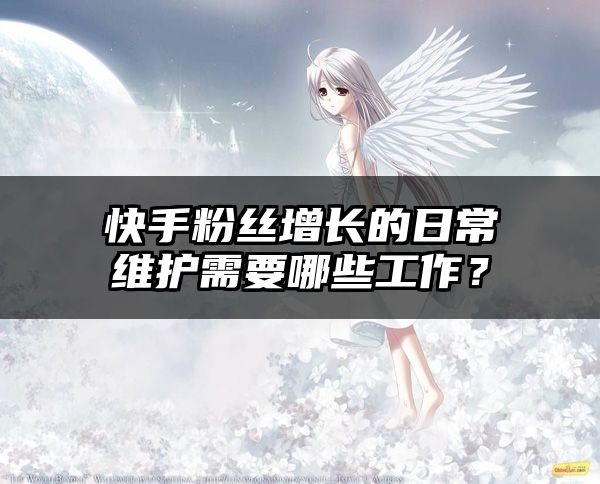Title: The Psychology Behind the Facebook Like and WeChat Moments Thumbs-up: Unlocking the Secrets of Social Media Endorsement
In the age of social media, the Facebook like and WeChat Moments thumbs-up have become the currency of validation. These seemingly innocuous gestures hold immense power, dictating the success of a post, the credibility of a brand, and even the self-esteem of the individual. The question that arises is: what is the psychology behind these likes and thumbs-ups? Why do we feel the need to endorse the content or actions of others? In this article, we delve deep into the minds of social media users to uncover the hidden motivations and consequences of these ubiquitous actions.
The allure of social media lies in its ability to connect people from all corners of the world. It provides a platform for individuals to share their thoughts, experiences, and accomplishments. The Facebook like and WeChat Moments thumbs-up serve as a simple yet powerful way to show support and approval. They validate the content and the person who posted it, making them feel important and heard. This sense of validation can be particularly crucial for those who are seeking social acceptance or struggling with self-esteem issues.
The desire for social validation is deeply ingrained in human psychology. Since the early days of human civilization, we have relied on the approval of our peers to ensure our safety and survival. The Facebook like and WeChat Moments thumbs-up serve as modern-day proxies for this ancient need. By liking or endorsing someone's post, we are essentially saying, I approve of you, and I want to be associated with you. This sense of belonging and acceptance can be highly addictive, driving users to constantly seek validation through social media.
However, the desire for validation can also lead to a cycle of competition and comparison. As users see the number of likes and thumbs-ups accumulate, they may feel the urge to outdo their friends and followers. This can lead to a never-ending quest for social validation, with users posting more and more content in an attempt to boost their popularity. This cycle can be particularly harmful, leading to feelings of inadequacy and loneliness. It can also contribute to the spread of misinformation and propaganda, as users become more concerned with the number of likes and thumbs-ups than with the actual content of their posts.
Moreover, the Facebook like and WeChat Moments thumbs-up can also be used as a form of manipulation. By liking or endorsing someone's post, we can subtly influence their behavior and opinions. For example, a brand can use sponsored content to generate likes and thumbs-ups, creating the illusion of popularity and credibility. Similarly, an individual can use social media to manipulate others into liking their content, boosting their self-esteem and social status. This manipulation can be particularly insidious, as it can occur without the knowledge or consent of the target audience.
Despite these potential drawbacks, the Facebook like and WeChat Moments thumbs-up remain an integral part of social media culture. They provide a sense of connection and validation that many users crave. However, it is essential to approach these actions with caution and awareness. By understanding the psychology behind the like and thumbs-up, we can avoid falling into the trap of competition and comparison. We can also be more discerning about the content we endorse, ensuring that our social media interactions are positive and meaningful.
In conclusion, the Facebook like and WeChat Moments thumbs-up are more than just a simple gesture of approval. They are a reflection of our deep-seated need for social validation and connection. By understanding the psychology behind these actions, we can harness the power of social media to build meaningful relationships and promote positive change. In the end, it's not about the number of likes or thumbs-ups we receive, but the impact we make on the world around us.


